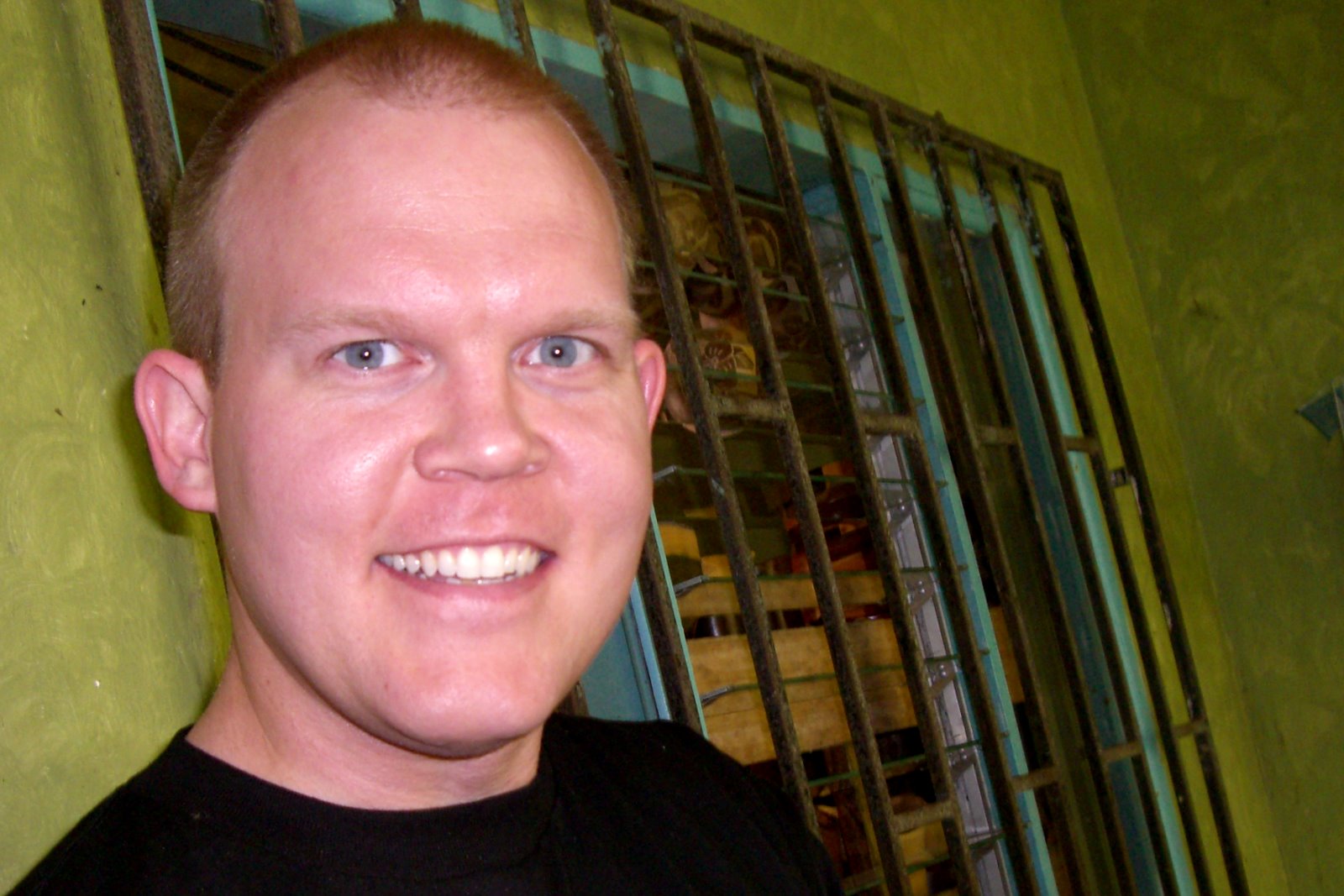LinkedIn Question: Making Decisions
 Steve Bannister
Steve Bannister asked "What are the THREE most important things to remember when making decisions? I am presenting in a few months on the topic of Effective Decision-Making Skills. I have a great deal of research done but I am looking for some opinions and ideas from other people to add to my presentation (done anonymously of course). It would be great if you could jot down your top three answers."
Here's my answer...
My experience in the Air Force prepared me for a lifetime of decision making.
1) When stress is high and time and information is limited it is essential to know your values. You must know how things stack up. This requires self reflection, experience, and consultation with people you admire.
2) In order to make effective decisions it is important to live according to your values. This creates a habit that you can depend on in times of high stress. Your instincts will conform with your values.
3) Finally, you must prepare. Sometimes this means research and sometimes practice. Generally speaking you should put yourself in the imaginary position of making hard decisions before you are making the decisions that count.
Paul Cline, AIA
I'm trying to catch up on this blog.

